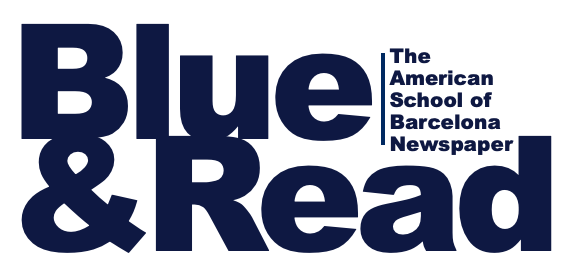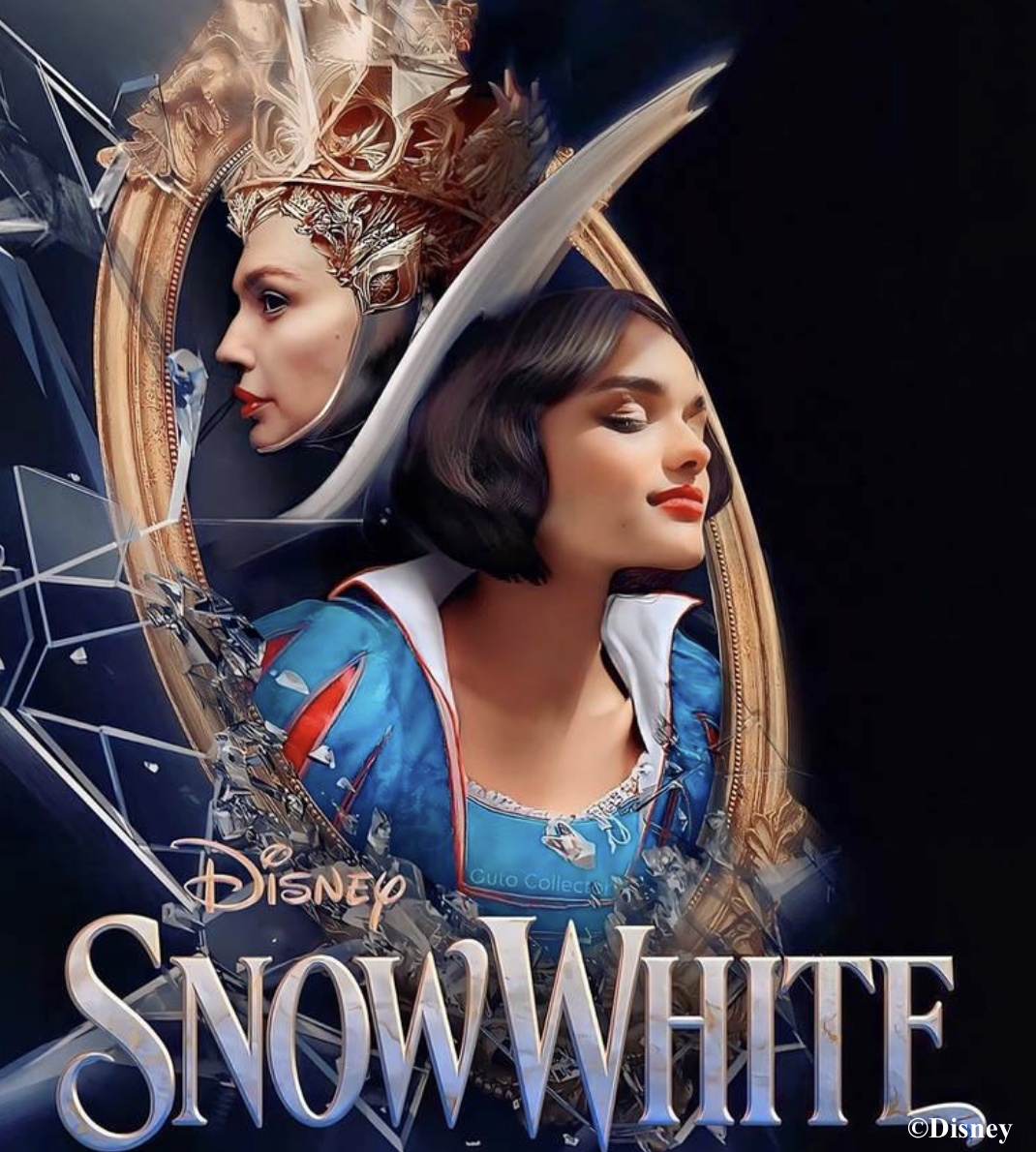Word of the Snow White live action movie spread like wildfire upon public announcement during the 2022 D23 Expo Presentation; Walt Disney Pictures revealed that they were to co-produce a remake of Walt disney’s 1937 animated feature film Snow White and the Seven Dwarfs. Fan excitement died out, however, as soon as interviews with the movie’s costars Gal Gadot and Rachel Zegler came out. Viewers expecting a remake of the traditional Walt Disney fantasy movie were shocked to be met with Greta Gertwig and Erin Cressida Wilson’s modern take. The weak marketing of the movie prompted outrage in many viewers, and fans already suspect the movie will ‘flop’ due to its poor branding.
The first outburst of controversy regarded the actor, Rachel Zegler’s comments, when asked about the modern and feminist take of the movie. “I just mean that it’s no longer 1937, and we absolutely wrote a Snow White that is going to be… she’s not going to be saved by the prince and she’s not going to be dreaming about true love; she’s dreaming about becoming the leader she knows she can be, and a leader that her late father told her that she could be if she was fearless, fair, brave, and true” said the 22-year-old actor. The public was quick to notice the remake’s less traditional direction, and was not pleased. The debate regarding the movie’s “out of touch” script with the original fairytale really proves part of a much bigger debate over Disney’s ‘need’ for remakes where princesses are re-written into feminist icons who desire power. Disney’s movies have been part of many feminist conversations and debates for a while, in which they have been criticized for sending an anti-feminist message to the young audience. Such conversations critique the need for princesses to always be saved by princes, and always ending up in love. Thus, Disney’s remakes allow an attempt for redemption in light of feminism. ;Disney’s new agenda claims there is no need for princes, true love, being saved, and instead involves the replacement of those storylines for ones where women crave power, are in positions of leadership, and free of men or true love. However, this dramatic change by the studio begs the question: are their actions truly demonstrating an engaging narrative of feminism?
While Disney’s revamped image into a company that is inclusive and supports more feminism ideals proves admirable, many women have started to criticize their changed agenda and comment on the pseudo feminism happening by criticizing the traditional Disney princesses. Actors in the franchise themselves suggested in another interview that “the cartoon was made 85 years ago; it’s extremely dated when it comes to the ideas of women being in roles of power and what a woman is fit for.” However this new narrative of writing off characters who want to fall in love for characters who only want power suggests that any ideal short of leadership makes one invaluable. The foundation of feminism stands on giving women the opportunity and the rights to do what they please; in rewriting these characters, the movie studio suggests that there is a problem with wanting to fall in love, to be saved, or to be happy without being a feminist icon; one could infer from the new plotlines that a person with such desires isn’t worthy of becoming a protagonist. However, being helped by a man is not anti-feminist. Asking for help in general is not anti-feminist. Wanting to fall in love is not anti-feminist. In fact, shaming women for their decisions such as wanting to stay home, being “soft”, or deciding to not want to be in love, presents much more of a anti-feminist front as it harms the diverse realities of success for women, and generalizes their priorities. Not every woman is a leader, not every woman needs or craves to be in a position of power. And that is okay. Pushing the narrative that all women need to be a leader in a position of power completely disregards the foundation of feminism which is to allow women to make choices for themselves and to feel supported in them. Disney movies are undeniably an influence on the young generations and young girls should be taught that they have the opportunity to be whatever they put their mind to, whether that be a leader or not.
In fact, many were quick to call out Greta Gerwig for opposing her last release of the popular movie Barbie. Many women were appreciative of the ending of the movie, which claimed that it was okay to be ‘Regular Barbie’ and not ‘Mayor Barbie’, or ‘President Barbie’ and how it was much more important to support the idea of free choice in order for women to be someone like Stereotypical Barbie without having to feel ashamed. In contrast, Greta’s recent screenplay of Snow White and the Seven Dwarfs suggests that Snow White needed to be recast in character arc in order for her to be worthy of appreciation. However, Snow White was one of the most feminist movies of its time. Not only did Snow White decide to run away from home by herself, survive, and manage to sustain herself, she also became a role model for everyone, portraying a character full of kindness and good. She was not a leader, she was saved by a prince, and she was kind. And that is okay.
The Disney universe seeks to portray a diverse cast of characters, including Milan, Frozen, Brave, Moana, Sleeping Beauty, Snow White, Beauty and the Beast, all with strong female characters, but in their own right. With a wide variety of characters with different storylines, goals, standings, and characters, the decision to produce movies under solely a so-called “feminist” label makes the industry predictable and boring, and most importantly not progressive.
As for any change in public opinion of the live action version of the popular classic, only time will tell at its release date…
Bibliography:
“Snow White (2024 Film).” Wikipedia, Wikimedia Foundation, 23 Sept. 2023, en.wikipedia.org/wiki/Snow_White_(2024_film).
“Snow White.” IMDb, IMDb.com, 22 Mar. 2024, www.imdb.com/title/tt6208148/.
YouTube, YouTube, 9 Sept. 2022, https://www.youtube.com/watch?v=2RVg3yetTE4. Accessed 23 Sept. 2023.

